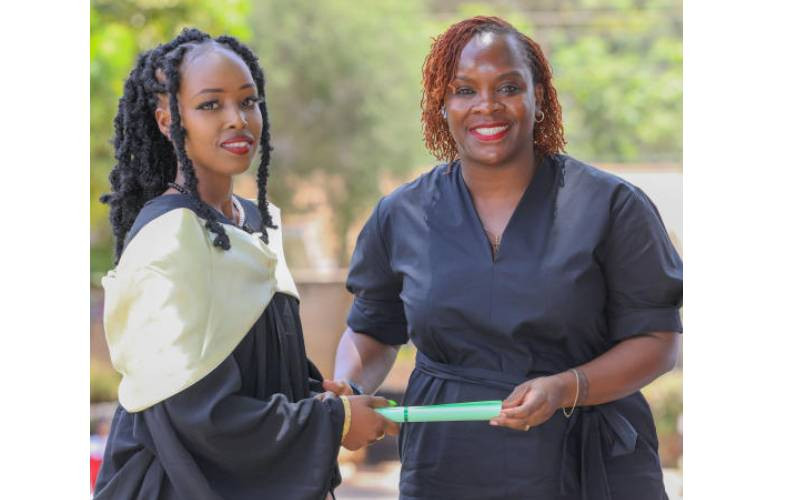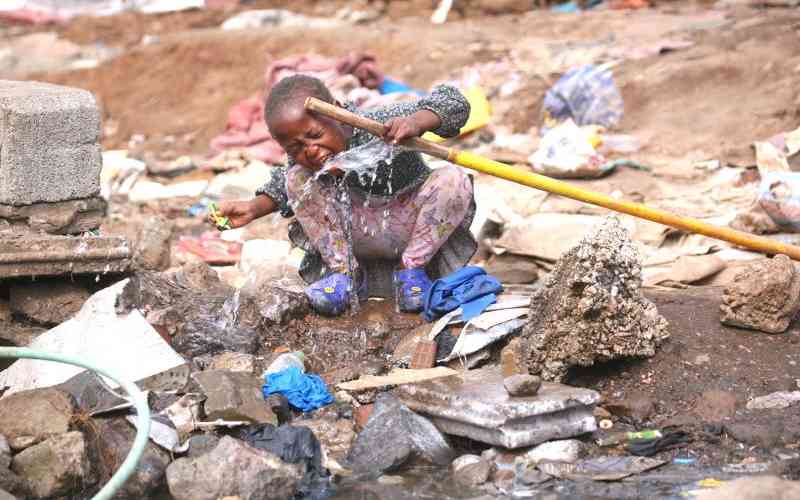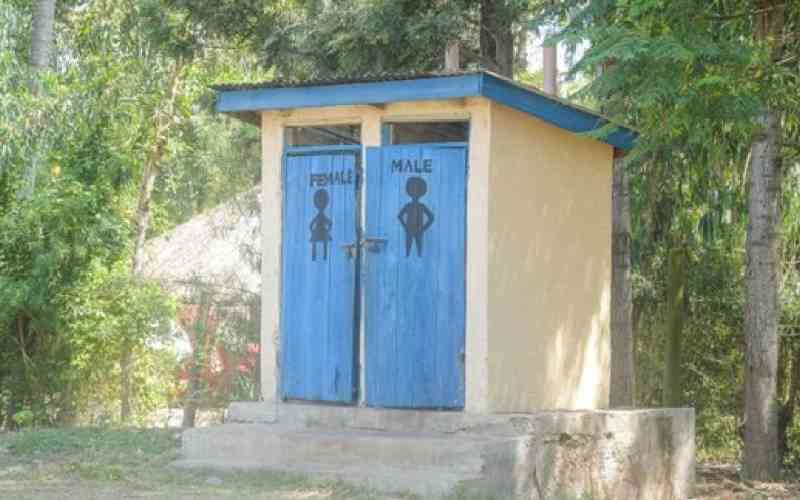
We live in an era where children can skilfully operate smartphones and tablets even before they can walk, proving that our children are growing up in a digital environment unlike any other. Indeed, with each passing year, technology's impact on their life grows more powerful, and as parents and educators, we must face a harsh reality: The internet world is both their playground and battleground.
Admittedly, the Internet is an extraordinary resource, offering our children numerous opportunities for learning, communication, and creativity. However, it has also resulted in a worrying rise in internet threats that our children experience on a daily basis, including cyberbullying, online harassment, the spread of misinformation, and concerns regarding privacy.
Indeed, recent research and case studies have given insight into the prevalence and gravity of these issues.
According to Disrupting Harm in Kenya, a collaborative study project conducted by the End Child Prostitution and Trafficking Network, INTERPOL, and UNICEF, 67 per cent of Kenyan children aged 12 to 17 use the Internet and are exposed to various types of online abuse and exploitation. Furthermore, privacy violations and online predator threats exist since children frequently unwittingly divulge personal information.
As such, there is an urgent need to introduce digital literacy education in the school curriculum to provide students with information and abilities to detect and respond to these threats appropriately.
Digital literacy, defined as the ability to utilise information and communication technology effectively to access, analyse, produce, and convey information in our interconnected world, is essential for the technologically driven future our children will inherit.
Schools play a critical role in shaping students' digital literacy well beyond the scope of parental responsibility, given that children spend most of their time in these institutions. They provide established spaces for complete digital literacy education, and standardised training that equips pupils with the necessary information and abilities for safe internet navigation.
Children who acquire an in-depth digital literacy education are not only better positioned for success, but also well-prepared to manage the complexity of the online landscape. This education provides them with the skills and knowledge they need to effectively utilise technology, analyse digital content, and protect themselves from online threats.
- Journey to Surviving Cervical Cancer
- Clinical officers begin strike as crisis in health sector worsens
- Clinical officers are first point of call for patients
- Ruto remains mute as healthcare crisis worsens
Keep Reading
It goes beyond the classroom, enabling a joint effort between parents and teachers in guiding children through the digital world. This collaboration guarantees that skills learned in school are repeated at home, resulting in a unified approach to digital safety and responsible conduct.
There are various approaches that learning institutions can implement to realise digital literacy in their curricula. Technology-enhanced learning is one such option, which entails integrating digital tools and educational software into the classroom to educate students on how to utilise technology successfully. Internet safety programmes also teach pupils about potential risks associated with the Internet and ethical online conduct. Coding and computer science programs teach coding languages and problem-solving abilities, which help students to gain a better knowledge of technology.
The government has been a key player in promoting child online safety. In 2015, the Communications Authority of Kenya launched the 'Be the Cop' campaign to provide consumers, particularly children and young people, with the information and skills they need to practice safe internet use, lowering their exposure to online hazards and crimes. While the country still has a long way to go regarding promoting Child Online Safety, especially in rural and marginalised communities, such initiatives represent positive steps towards enhancing online safety.
The author is the Director of Sustainable Business, Social Impact & the Foundations, Safaricom PLC
 The Standard Group Plc is a multi-media organization with investments in media platforms spanning newspaper print
operations, television, radio broadcasting, digital and online services. The Standard Group is recognized as a
leading multi-media house in Kenya with a key influence in matters of national and international interest.
The Standard Group Plc is a multi-media organization with investments in media platforms spanning newspaper print
operations, television, radio broadcasting, digital and online services. The Standard Group is recognized as a
leading multi-media house in Kenya with a key influence in matters of national and international interest.











